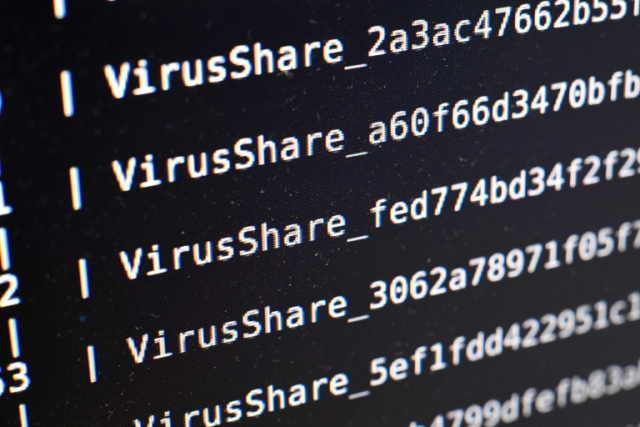
The spate of cyberattacks in the past years has prompted major tech firms to sign a pact to work together, and to agree not to help governments launch offensive measures against innocent parties. Image: Damien Meyer/AFP
Thirty-four global technology companies and organizations signed a pact Tuesday calling for a stronger defense against cyberattacks in any form and pledging to refrain from helping governments attack “innocent” civilians or enterprises.
“The devastating attacks from the past year demonstrate that cybersecurity is not just about what any single company can do but also about what we can all do together,” said Brad Smith, president of Microsoft, in a statement endorsed by US firms including Facebook, Oracle and global giants including Telefonica, Nokia and BT.
“This tech sector accord will help us take a principled path towards more effective steps to work together and defend customers around the world.”
The companies made a commitment to mount a stronger defense against cyberattacks, “recognizing that everyone deserves protection … regardless of the motivation for attacks online,” the statement said.
The announcement comes after a year marked by devastating attacks including ransomware and news of Russian-led efforts to infiltrate systems controlling critical infrastructure.
Just Monday, US and British officials warned that Russian state-sponsored actors are using compromised routers for attacks to support espionage, extract intellectual property, maintain persistent access to victim networks and potentially lay a foundation for future offensive operations.
“The real world consequences of cyber threats have been repeatedly proven. As an industry, we must band together to fight cybercriminals and stop future attacks from causing even more damage,” said Kevin Simzer, chief operating officer at the security firm Trend Micro.
According to the statement, economic losses expected from cyberattacks are likely to reach $8 trillion by 2022, impacting services ranging from small businesses to hospitals.
Companies that signed the accord plan to hold their first meeting during the security-focused RSA Conference this week in San Francisco.
The signatories included ABB, Arm Holdings, Avast, Bitdefender. CA Technologies, Cisco, Cloudflare, Datastax, Dell, Docusign, Fastly, FireEye, F-Secure, Github, Guardtime, HP, HPE, Intuit, Juniper Networks, LinkedIn, Nielsen, RSA, SAP, Stripe, Symantec, Tenable and VMware. AB
RELATED STORIES:
WATCH: Google builds AI-powered AR microscope for faster cancer detection
Apple warns employees to stop leaking information on future products
Web browsers to do away with users’ passwords